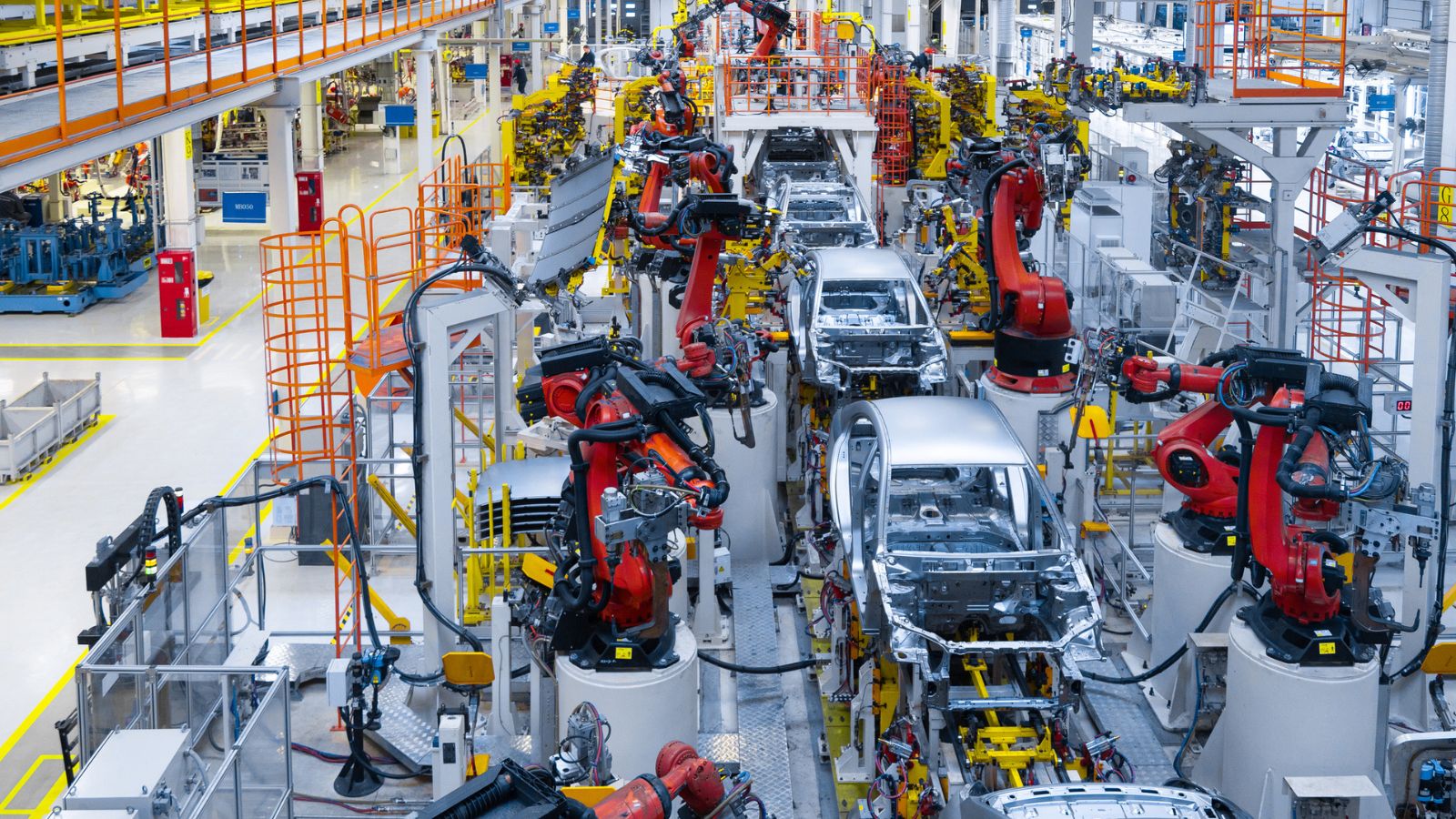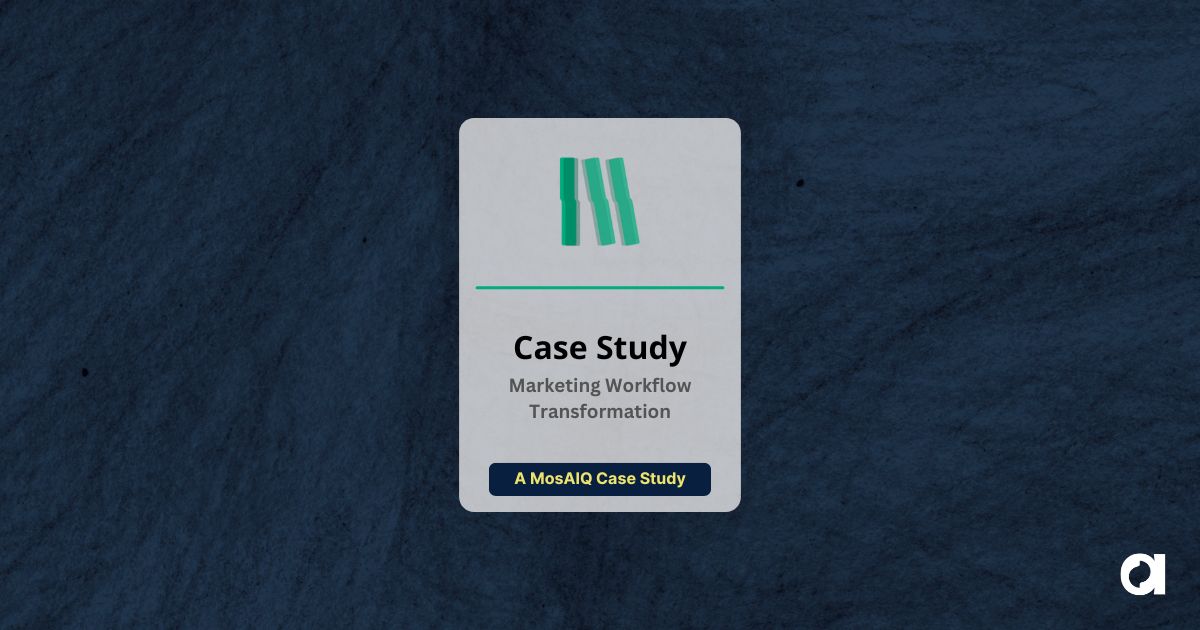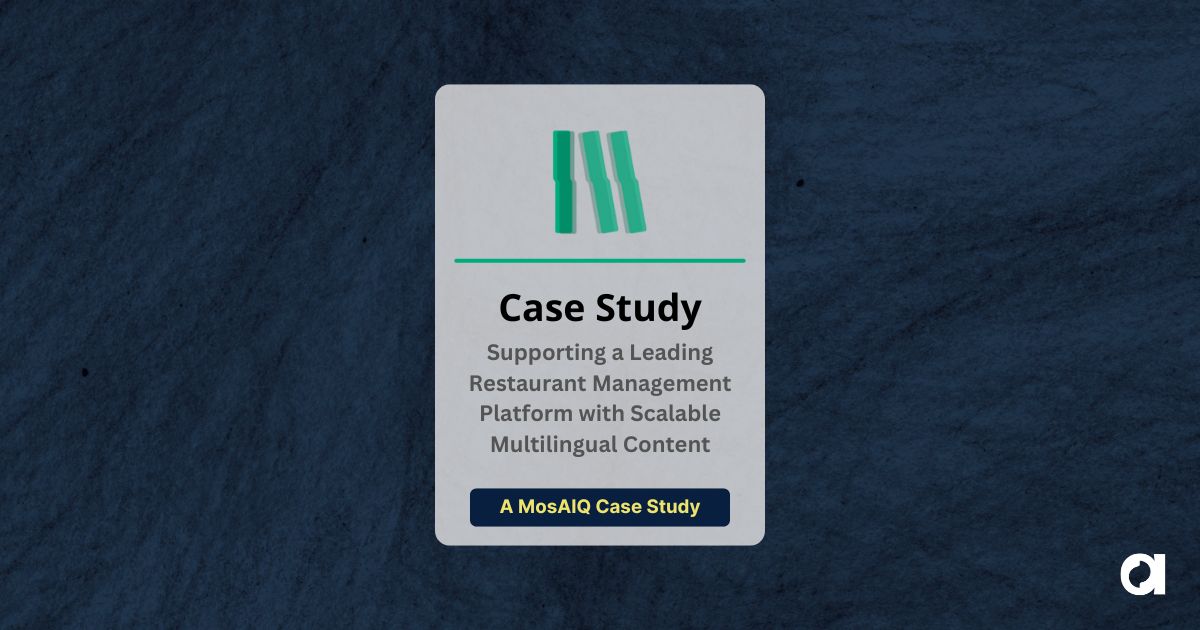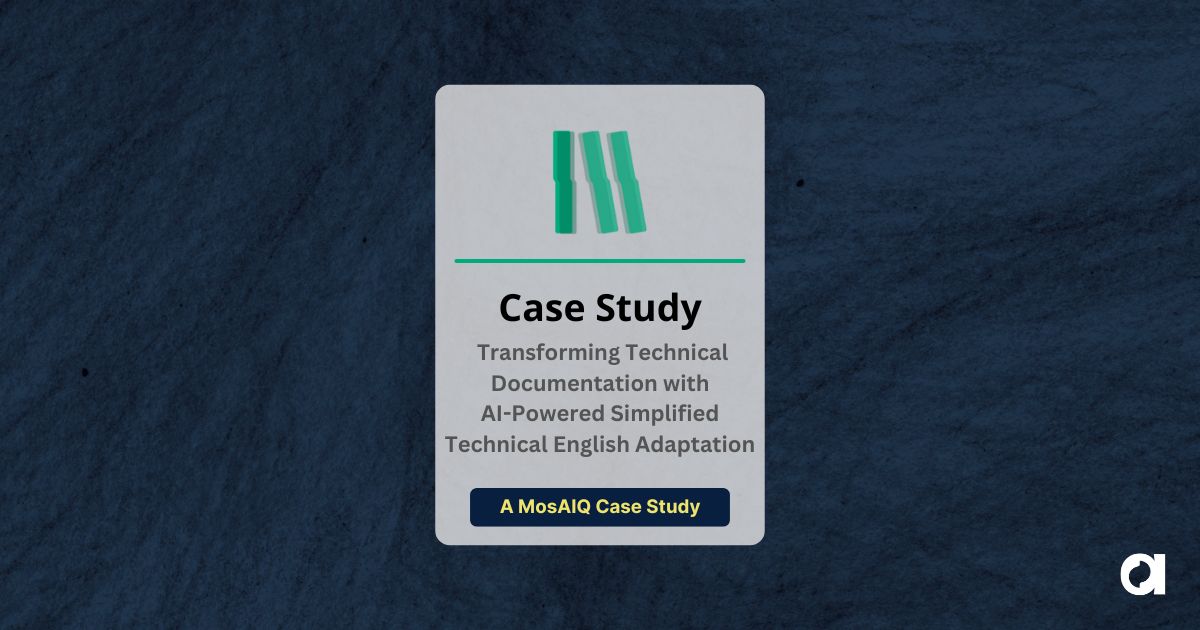In the global automotive industry, precision and consistency are essential at every step of the supply chain. As manufacturers coordinate operations across borders, clear and accurate communication becomes critical. From the technical specifications guiding assembly lines to the marketing materials reaching customers, localization helps ensure each link in the chain functions smoothly across regions.
For automotive manufacturers, localization helps refine complex instructions, meet regulatory standards, and deliver unified messages in every market. In an industry defined by detailed regulations and high-stakes production, adapting language is what enables manufacturers to move efficiently from the factory floor to the showroom, meeting the specific needs of each customer along the way.
Safety Specs, Regional Rules, and Streamlining Production
The smallest details in localized documentation can have a major impact on production quality and regulatory conformity when it comes to automotive manufacturing.
Whether it’s a technical manual for a robotic assembly line or safety instructions for handling hazardous materials, localization ensures that every instruction is understood by local teams and meets the safety and legal norms of the region where it’s used. For example, a manual localized to meet specific regional safety laws reduces the chance of accidents by providing instructions in the local language and supporting local regulations. This could include guidelines on emissions controls that vary from Europe to Asia or specific procedures for equipment shutdown in case of emergency.
By working with a professional language services provider (LSP) to adapt these elements, manufacturers can eliminate misunderstandings that might otherwise lead to safety violations or accidents on the factory floor.
Localization done right enables manufacturers to integrate specific regulatory and procedural guidelines directly into their production materials. This approach helps meet compliance requirements while also reducing time spent troubleshooting issues that arise from misunderstandings or unclear instructions. For global automotive companies, well-executed localization means that facilities worldwide can run smoothly, adapting efficiently to changes without disrupting overall production.
Marketing: Navigating the Local Landscape
For automobile brands, creating a genuine connection with customers in different markets means tailoring marketing content to sync with local expectations. Whether it’s a brochure, website, or social media campaign, effective adaptation helps content resonate with cultural sensibilities, enhancing the car’s relevance and appeal.
For instance, automotive marketing might highlight specific product features that are more relevant in certain regions—such as cold-weather features in Northern markets or fuel efficiency in regions with high gas prices. Localization can often help avoid missteps, like using references that don’t resonate or imagery that feels out of place. Instead, it positions the brand as responsive to regional preferences, strengthening customer loyalty.

No Weak Links: Building Consistent Supply Chain Docs
Clear documentation across the automotive supply chain is essential for reliable operations. Supplier contracts, parts specifications, and logistics instructions all need to align precisely with technical standards and regulatory requirements for each region. This consistency helps ensure that every partner has the information they need, minimizing the risk of miscommunication and production delays.
A centralized terminology management system supports consistency by providing a glossary of industry-specific terms, measurement units, and region-specific regulations. With uniform terminology across all documents, manufacturers can reduce the time spent clarifying ambiguous language, allowing each part of the supply chain to operate more efficiently.
Standardized document templates also play a significant role in maintaining clarity. Templates tailored to each region’s legal and procedural needs reduce the risk of misinterpretation and simplify updates. When regulations change, these templates make it easier to adjust language quickly, keeping each document compliant and current.
Finally, regular audits of supply chain documentation help ensure accuracy as benchmarks and production needs evolve. Periodic reviews prevent outdated information from causing disruptions and keep all partners informed with up-to-date requirements.
AI-Powered Localization, Built for Speed
The sheer volume and technical complexity of automotive content can make it challenging to balance localization speed with quality. AI and automation are making that balance possible, taking on some repetitive tasks so human experts can focus on adapting complex language and ensuring adherence to all regulations.
Machine translation (MT) is especially valuable here, quickly translating large volumes of content while human linguists fine-tune for cultural fit and regulatory accuracy. This collaboration between AI and human expertise speeds up project timelines without sacrificing quality, ensuring that automotive brands deliver precise messaging worldwide.
Automation also simplifies quality control. While AI effectively handles initial checks for terminology consistency, formatting, and regional standards, final reviews often require human expertise to ensure compliance with regulatory and technical accuracy. This approach streamlines the review process, allowing linguists to zero in on specific areas that require a human touch.

Gearing Up for Global Success
As automotive brands expand into new markets, localization becomes a key strategy for maintaining quality, compliance, and consistency. Beyond basic translation, language service providers can adapt each piece of content to meet regulations, align technical terminology, and incorporate cultural nuances that build trust across global markets.
Ready to refine your global localization strategy? Argos Multilingual offers the expertise needed to support each link in your supply chain. Connect with us to see how we can help drive your success in every market.
 Argos Multilingual
7 min. read
Argos Multilingual
7 min. read
As 2024 draws to a close, medical device manufacturers face several important regulatory shifts under the MDR and IVDR frameworks. We’ve been covering these changes and updates all year and there’s still a lot to come. Deferred deadlines for vitro diagnostic devices (IVDs), new requirements around supply chain continuity, and the phased rollout of the […]

 Argos Multilingual
3 min. read
Argos Multilingual
3 min. read
San Francisco (CA), December 6, 2024 Argos Multilingual, a global content solutions market leader, has made public the free AI Maturity Model Assessment, an instrument that helps clients navigate the ongoing AI (r)evolution by assessing their current state of AI readiness and identifying areas of growth and progression. Argos’ research and experience helping clients shows […]











